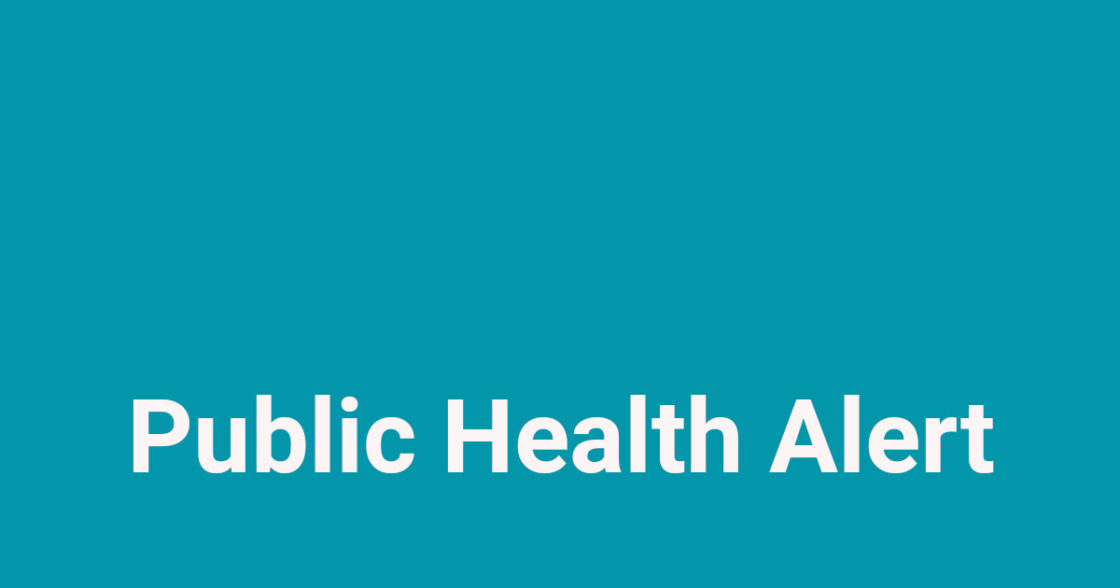The Community and Public Health division of Canterbury DHB has issued a health warning for the Ashley/Rakahuri River at the Rangiora-Loburn Bridge (also called the Cones Road Bridge) after identifying potentially toxic blue-green algae (benthic cyanobacteria) in this area.
People and animals, particularly dogs, should avoid the area of the Ashley/Rakahuri River at the Rangiora-Loburn Bridge until the health warning has been lifted.
There are also other access points along the Ashley River that may have cyanobacteria present, and people are advised to check for its presence and avoid contact.
Canterbury Medical Officer of Health Dr Alistair Humphrey says the algae look like dark brown to black mats and can produce toxins harmful to people and animals.
“Exposure may cause skin rashes, nausea, stomach cramps, tingling and numbness around the mouth and fingertips,” Dr Humphrey says.
“If you experience any of these symptoms, visit your doctor immediately, and also let your doctor know if you’ve had contact with dark brown/black algal mats or water in this area.”
Reticulated town water supplies are currently safe, but no one should drink water from the river at any time.
Pets that show signs of illness after coming into contact with algal mats should be taken to a vet immediately.
Environment Canterbury is monitoring the sites and the public will be advised of any changes in water quality.
Facts about cyanobacteria:
- Appears as dark brown/black mats attached to rocks along the riverbed, and often has a strong, musty smell.
- The algae occur naturally but can increase rapidly during warmer months, and algal toxin concentrations can vary over short periods with changing environmental conditions (e.g. wind).
- Although high river levels will remove the algal bloom, detached mats can accumulate along the shore and increase the risk of exposure to toxins.
- Although district or city councils may place warning signs, these may not be seen at the numerous river access points, resulting in the need for people, such as dog-walkers, to treat every low-flowing river cautiously.
- If a health warning is in place, avoid contact with the water.
-
For further information, visit:
Land Air Water Aotearoa – Canterbury region
Canterbury DHB – recreational water
Or contact Community and Public Health on (03) 364 1777.
For more information about Mahinga Kai:
Mahinga kai.
ENDS

